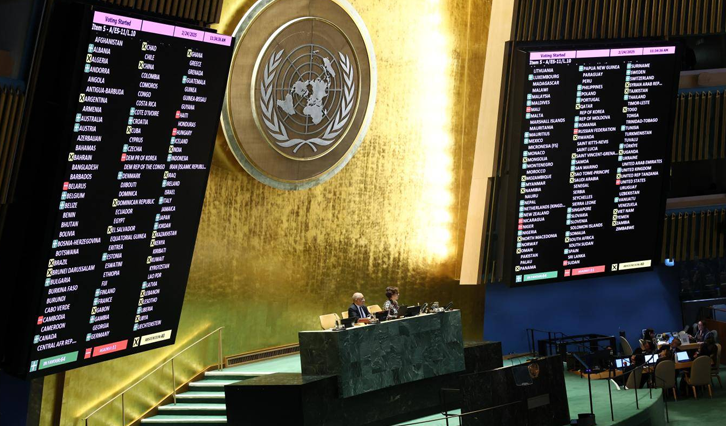The ‘liberal international order’ that has been predominant, if often controversial, since 1945 is being challenged as never before. This reflects factors both long-standing and recent: the rise of China; the frustrations and ambitions of countries – including many in the Global South – that associate the US-led liberal international order with deep hypocrisy; inequality within liberal democracies that has given rise to populism; Russian revanchism; and perhaps above all, the US’s more nationalist outlook and disruptive foreign policy since Donald Trump took office for the second time in early 2025.
This paper takes stock of these developments, examines the US’s changing role and ambitions as a global power, and explores how 11 other key states are adapting. It examines how states are positioning themselves in this more fractured world, and how some are seeking to disrupt or even undermine the existing order. The paper, based originally on research for the US National Intelligence Council but revised and updated in this public version, considers how adversaries of the US seek to exploit what they see as the US’s declining global power, or to promote alternative visions. It also examines the challenges for US allies such as France, Germany and Japan, which have long been pillars of cooperative multilateralism but need to develop new ways to protect their interests and project power. And it explores how rising or middle powers, from Brazil to Saudi Arabia to India, are pursuing visions of international order that include elements of non-alignment, strategic autonomy, and selective or transactional cooperation with the current order.


